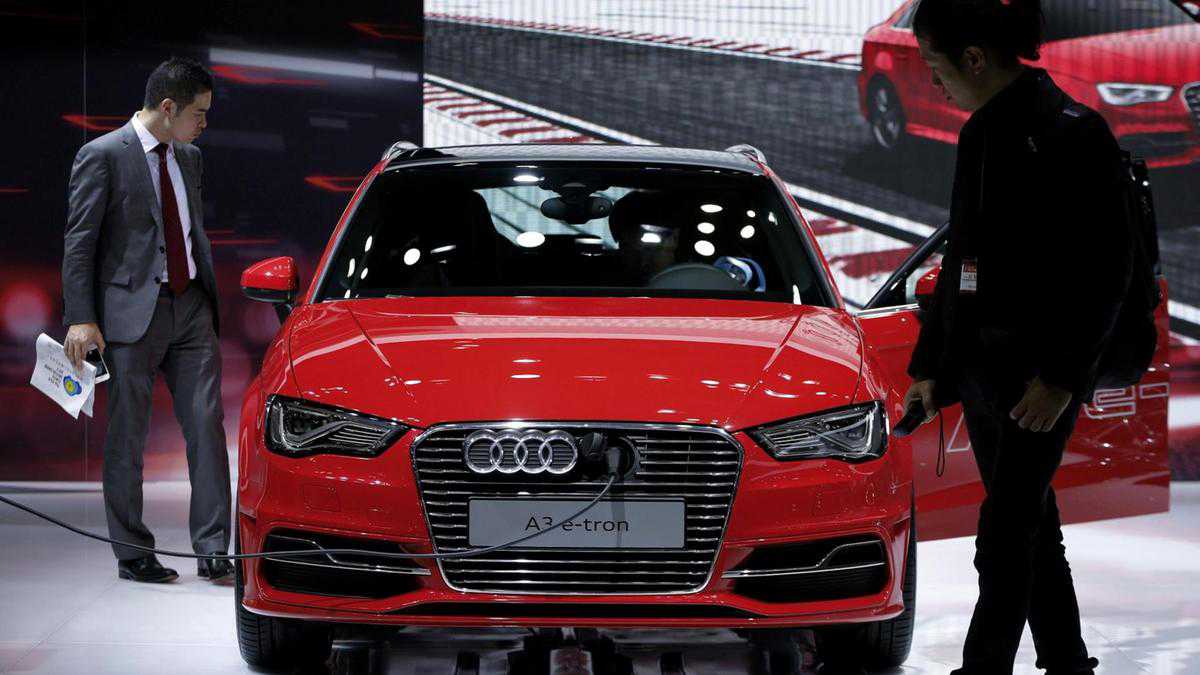On the charge: plugging into the world of electric vehicles
16 February, 2020

Since I committed to a hybrid car, persons have stopped talking to me. When I enter a celebration, friends subtly fan out to the sides, like I am Moses parting the waters. It could possibly be my intimidatingly increased environmental credentials, but it’s much more likely the serious plummeting of my conversation skills. I could talk of only hybrids, but you will be like this, too, if you joined the group of folks who want to save the planet while making absolutely zero effort.
I plan to fully milk this social cache until hybrids become commonplace. I take my time charging up therefore i can hang around on the pavement for so long as possible. Passersby come to discuss the charging process and dog-walkers nod approvingly in my direction. Some persons ask how much a complete charge costs (somewhere in the tens of dirhams) and others, weirdly, simply stand watching.
A mother on a school-run asked if my battery had go out and whether I needed what she called “a jump”. Never to trade in stereotypes, but neither this Range Rover driver nor I could jump-start an automobile if our lives depended onto it.
I was also already holding a bright yellow cable in my hand. “It’s electric,” I explained. “Ooh,” she said.
On balance, hybrids are move in the right direction - a much more elaborate version of bringing a canvas bag to the supermarket
Some interactions fare much better than others. I stopped to talk to a man charging his Tesla once and we'd a fine old time comparing our favourite hybrid software and laughing smugly about the people who still count on petrol. “I’ve driven from London to France and back with my Tesla using one charge,” he said. “What’s your range?”
“Ha ha,” I said, not laughing, but merely saying the words “ha” and “ha” slowly aloud, like these were small clouds forming in my own mouth.
For just about any non-Tesla owner, admitting the range of your electric car to a Tesla driver may be the equivalent of confessing you don't actually understand how to swing a driver despite wearing all of the gear.
“Mine’s 300 miles,” he said, seemingly oblivious to my silence. Embarrassment appears never to register as a potential emotion for Tesla owners.
“Mine is … less,” I said.
“100?” he suggested, a shade of pity evident on his face.
“Sort of,” I said, which isn’t a numerical response. “It’s an Audi.” My range, for the record, is approximately 50 kilometres.
He asked if it was the brand new Audi and I shook my head. It’s used. “Oh,” he said. “The e-tron. Well, it’s a start.”
The Audi e-tron is a plug-in hybrid. Volvo, BMW, Mercedes, Lexus and Mitsubishi all have various “e” or “i” prefixed ranges that essentially add a battery option to their existing models. These are great if you’re on a Waitrose Essentials, Premium Economy kind of budget. Non-plug-in options, including the Toyota Prius, work differently, with the engine charging the battery as the car idles. It then runs on the battery until it reaches a particular speed. Although original Prius led the electric vehicle market early, plug-ins are more environmentally friendly and in 2016 Toyota launched its Prius Plug-in Hybrid.
Friends of mine in Dubai have a Tesla - those are fully electric - and brag about how much money they have saved because they don’t have to fill it with petrol, saying it really is “into the a large number of dirhams”.
I’ve heard them repeat the story of their one charging failure, if they had to push their car down the medial side of the E11, with all its doors available to become expensive sails.
The anecdote makes me smile, not because of the irony of the height of car technology being powered by the muscles of two men, but since it makes me feel as if I’m not the only person whose conversational range is really as considerable as my Audi’s battery life.
I don’t delude myself that electric cars will be the response to everything. Drilling for lithium and other rare-earth materials has both environmental and social costs among the communities that live where those materials are located. The thought of mining the ocean floor for lithium appears to be as problematic. But on balance, hybrids are that crucial thing: a step away from fossil fuel dependence and hopefully a move around in the right direction - a more elaborate, albeit expensive, version of bringing a canvas bag to the supermarket.
Source: www.thenational.ae
TAG(s):
